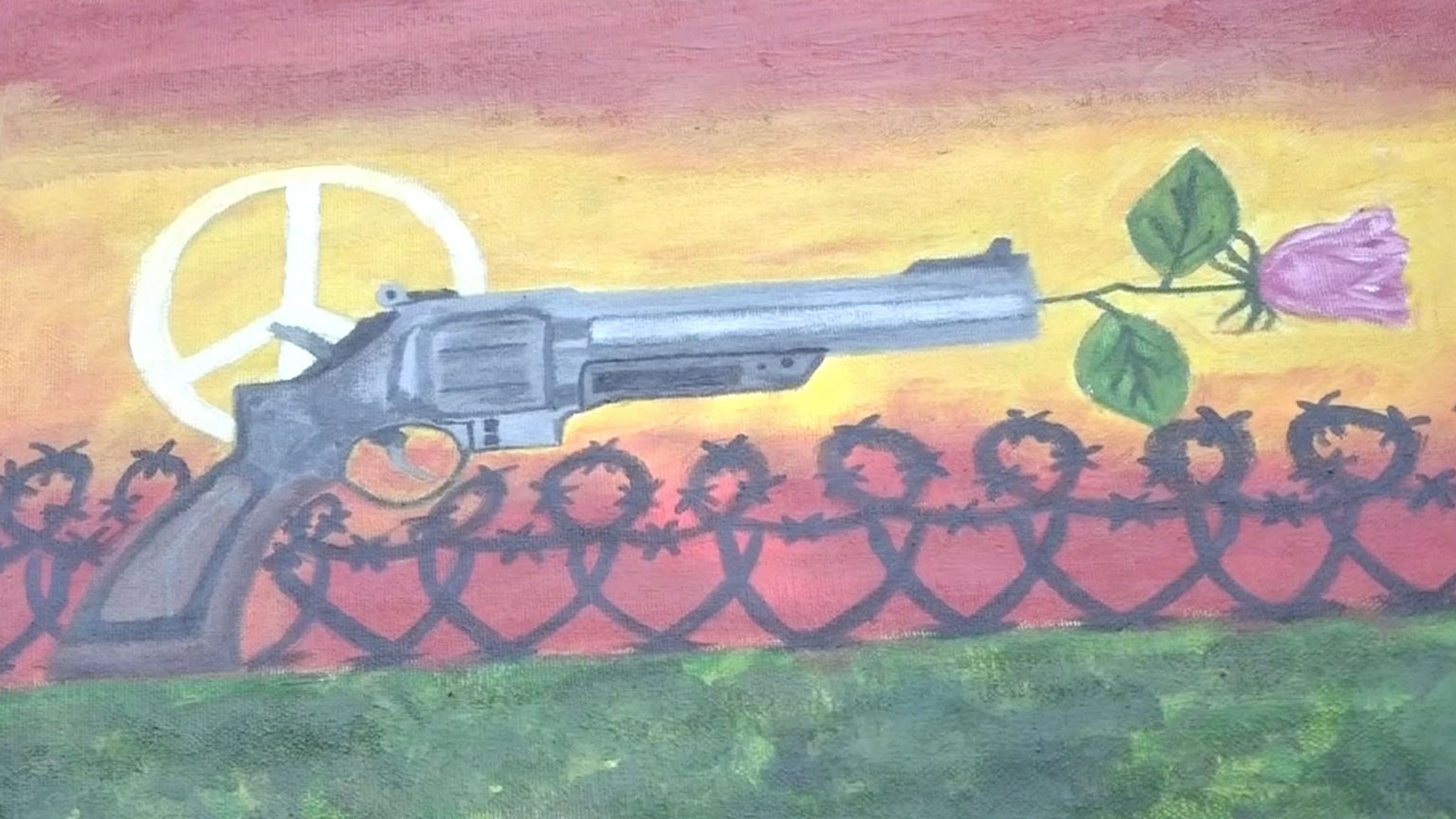Painting for peace
An injured man holding a lamp is guided by a dove in the sky. A little boy handing a flower to a soldier. These paintings are the work of children from Myanmar, appealing for peace in a homeland blighted by war. The pictures featured in an art exhibition organized by Rights Beyond Border, a Thai NGO based on the Thai-Myanmar border. The youngsters were asked to use paint and brushes to express their feelings about their current predicament and their hope for the future.
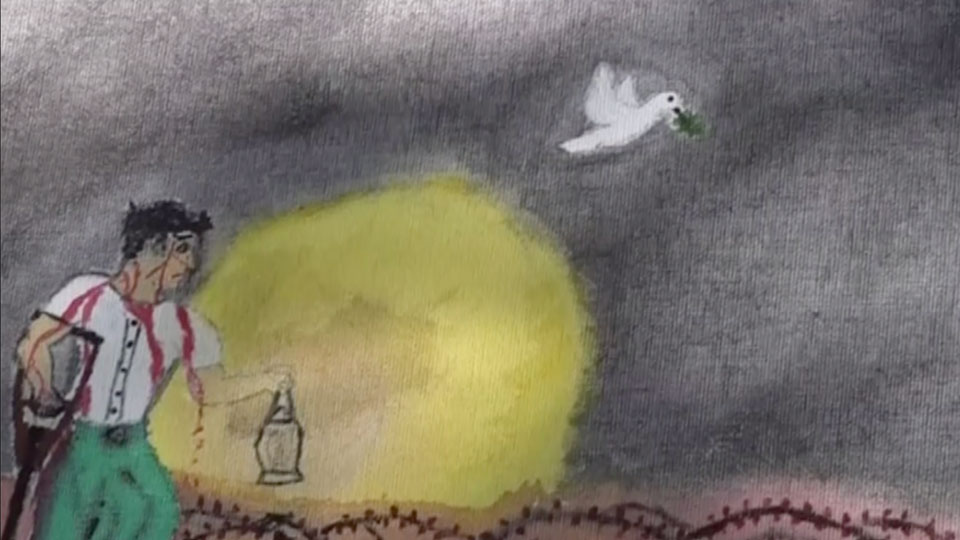
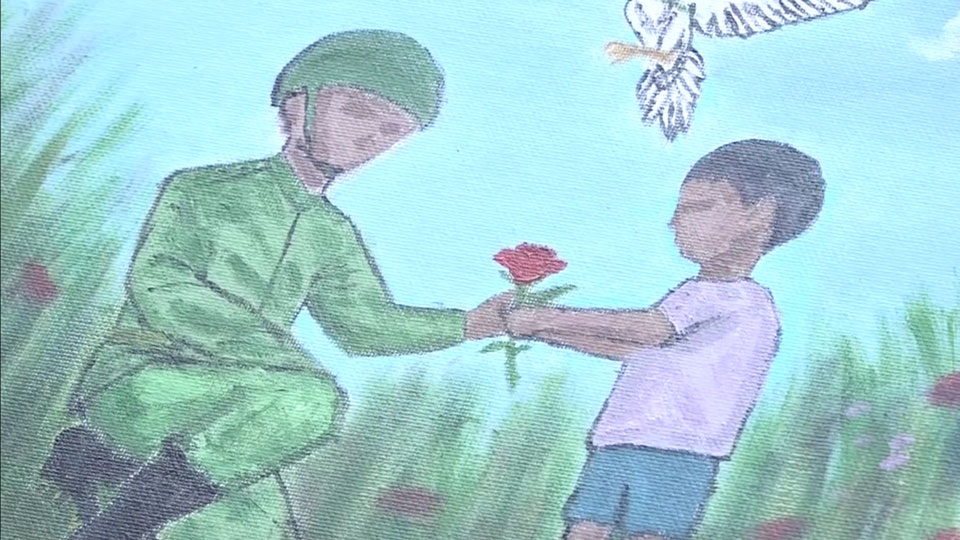
Unaccompanied migrant children
Nine-year-old Paw, not her real name, is one of the painters. She has taken refuge in a migrant learning center on the Thai side of the border. She is the youngest child in the center. In July last year, she left her war-torn village in Karen State, where the Myanmar military and ethnic fighters clash on a regular basis.
Paw said her family sometimes had to hide in a shallow pond overnight until it was safe to return home. Her school had been destroyed in the fighting and the teachers had fled. With Desperate to escape and yearning for education she walked day and night through the jungle with her 15-year-old sister to reach the border.
Their parents and brothers remain in the village where they live in fear of Myanmar military airstrikes. The sisters don't know if they are safe because their family has no access to the internet or cell phone network.
"I pray for my family to be healthy and live peacefully. I always think about them," says Paw.
Still a child herself, the big sister has to console her younger sibling in distress. "Paw often says she wants to go back home. I tell her we can go back after the semester is over." But in reality, she doesn't know if that is an option, given the dire situation across the border.
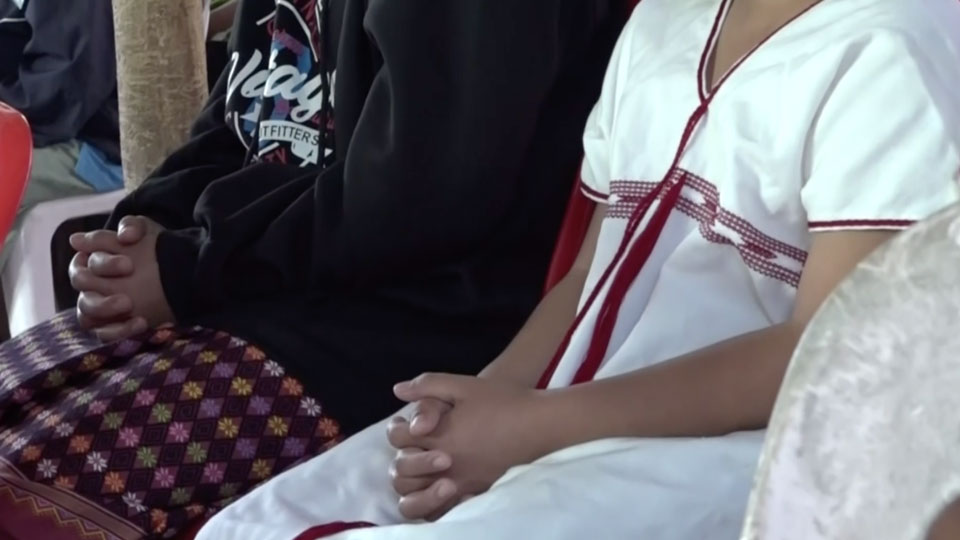
Migrant learning centers struggle to keep up
This migrant learning center in a Thai border town has been supporting children fleeing from Myanmar. But since the coup, the number coming through its doors, many of them girls, has tripled. "We have to convert classrooms into dormitories, because we don't have enough accommodations for the increasing number of students," says one of the teachers at the center.
A local NGO has helped the center install more restrooms for female students. But the teachers said with the surge of new pupils, daily necessities are in short supply. "We can provide safety here, but it is very difficult to accept many more students if we don't have enough food. We can now only provide two simple meals a day," the teacher explains.
The students have to use underground water from wells for their daily showers because the center cannot keep up with the increasing utility fees.
"We have been asked by many parents who want to send their children here next school year. We don't want to turn away any child. We need support from outside otherwise we won't be able to accept them," the teacher adds.
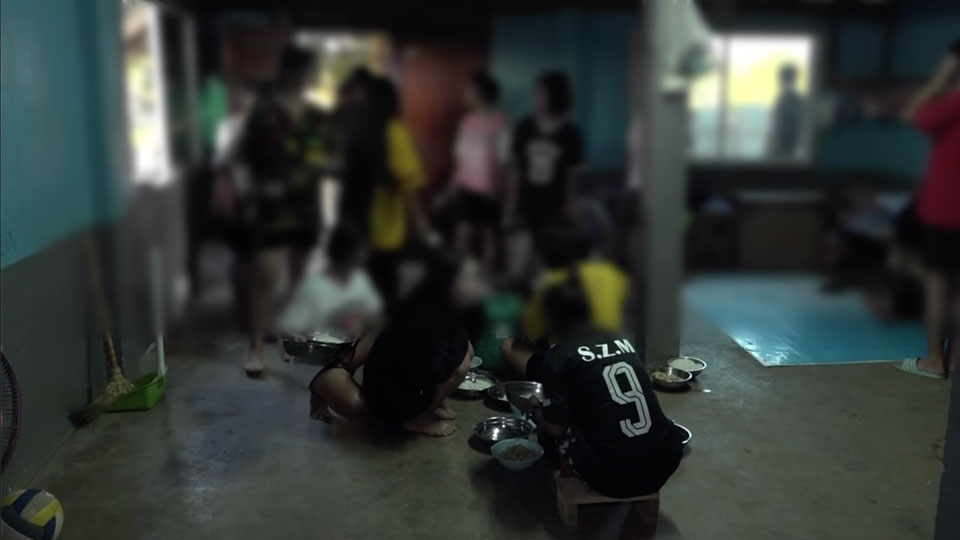
Risk of deportation for displaced civilians
The United Nations estimates over 1.3 million people have been internally displaced and over 75,000 have left the country since the military coup in February 2021. More than 23,000 people have taken sanctuary in Thailand. The numbers include those who may have subsequently returned to Myanmar.
The Thai government insists that it provides displaced people with humanitarian assistance. But the country is not party to the 1951 Refugee Convention, which means people fleeing the conflict are at risk of being detained and deported as illegal immigrants.
Human rights organizations have been calling on the Thai government to provide official protective status to Myanmar displaced people to prevent forced returns.
Urgent need for international assistance
Dr. Cynthia Maung has been providing free healthcare and education to migrants on the Thai-Myanmar border for decades. But she is concerned about the recent influx from Myanmar, especially school-age children.
"More and more people will cross the border. There are many children who cannot go to school here because schools are limited in capacity. There are also not enough teachers," says the doctor.
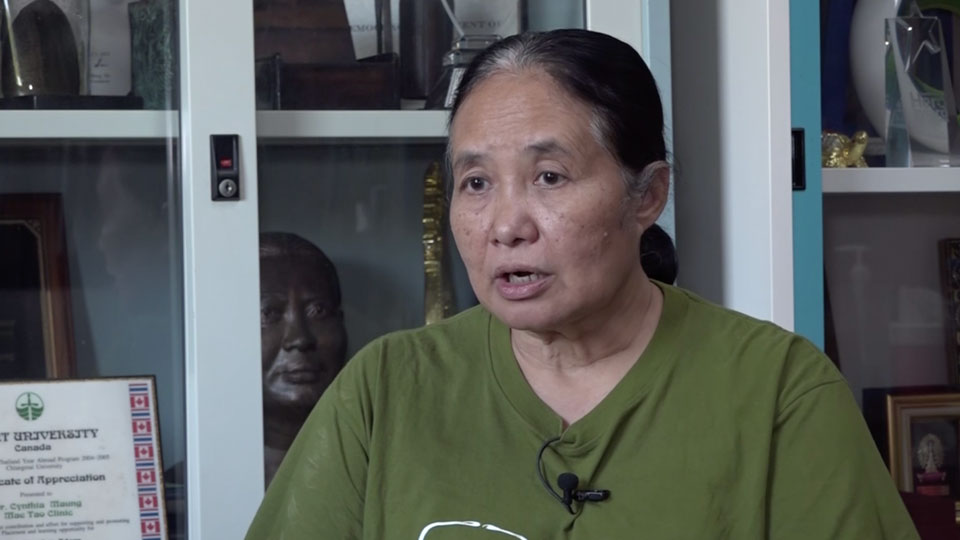
Displaced children at the border face an uncertain future, regardless of whether they stay in Thailand or return to Myanmar. Grassroots support has been their main lifeline. But their hopes for a better start in life remain bleak unless neighboring countries and the international community take a proactive approach to their problems.
